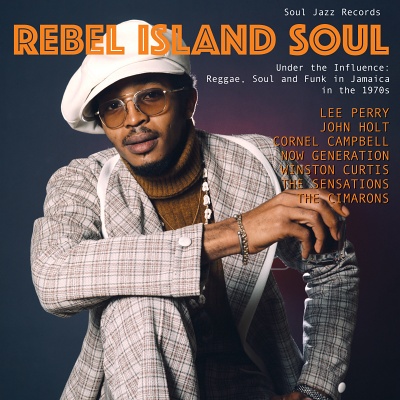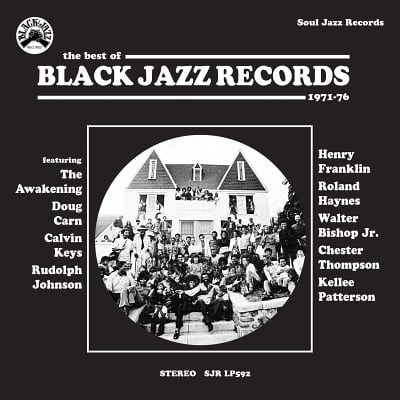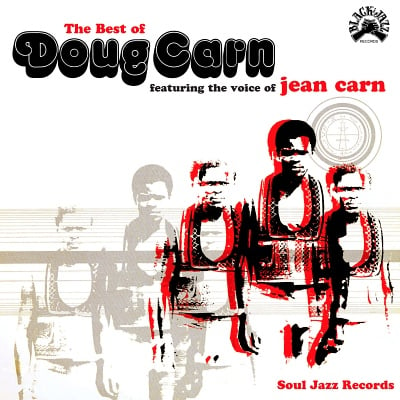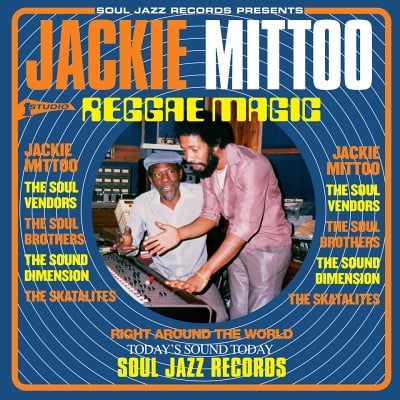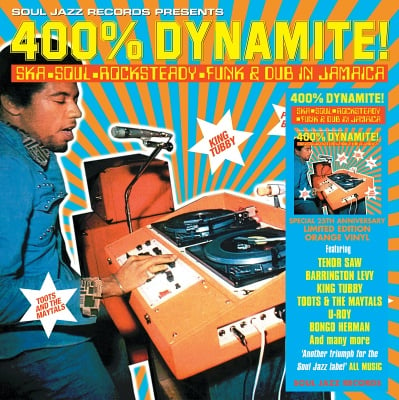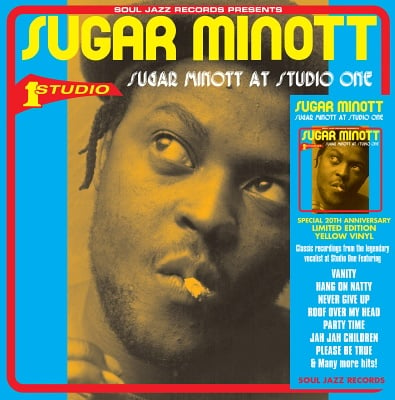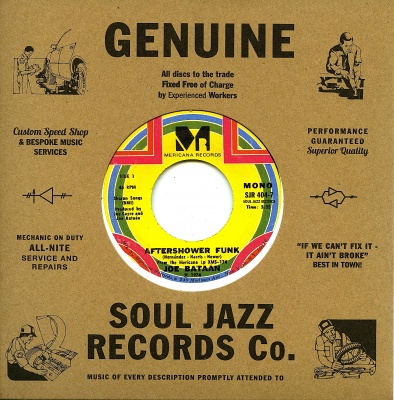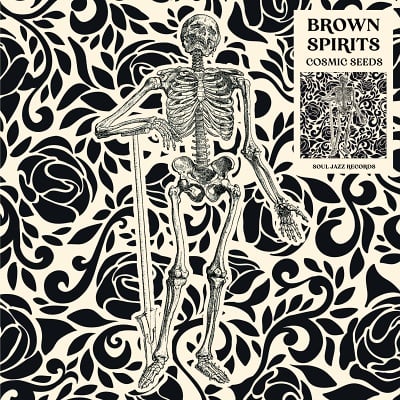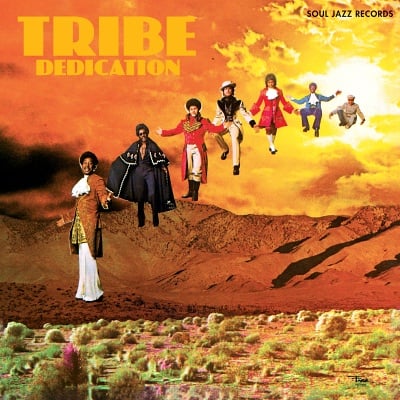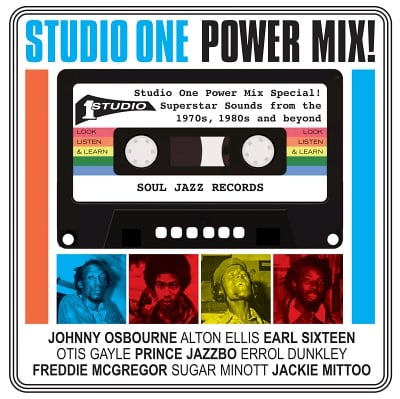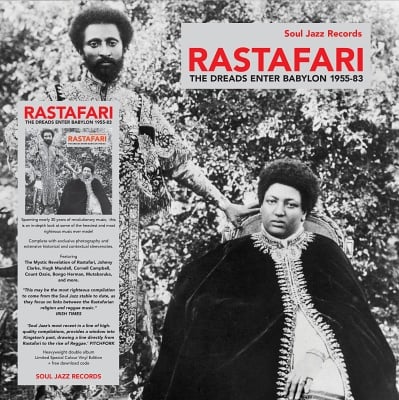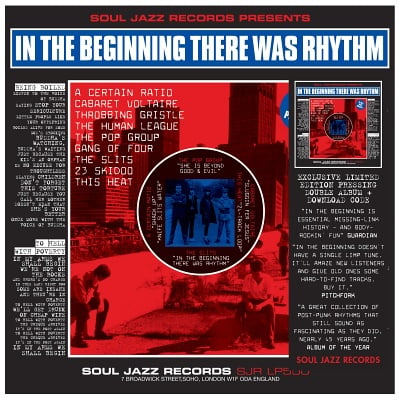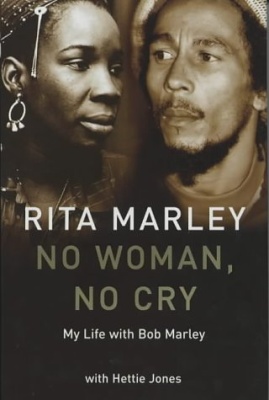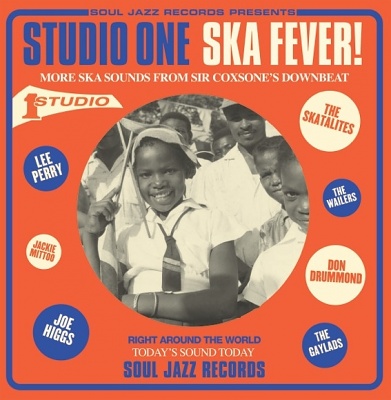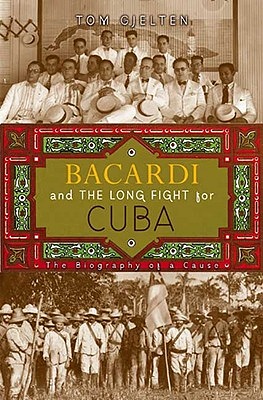The Real Pepsi Challenge How One Pioneering Company Broke Colour Barriers in 1940s American Business
Wall Street Journal Books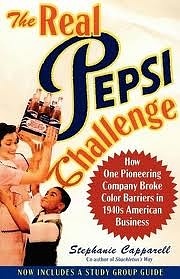
- Book (400g) 9780743265720£9.99Out of stock Notify me when in stock
In America's long march toward racial equality, small acts of courage by men and women whose names we don't recall have contributed mightily to our nation's struggle to achieve its own ideals. This moving book details the story of one such little-noted chapter.In the late 1940s and early 1950s, as Jackie Robinson changed the face of baseball, a group of African-American businessmen -- twelve at its peak -- changed the face of American business by being among the first black Americans to work at professional jobs in Corporate America and to target black consumers as a distinct market.
The corporation was Pepsi-Cola, led by the charismatic and socially progressive Walter Mack, a visionary business leader. Though Mack was a guarded idealist, his consent for a campaign aimed at black consumers was primarily motivated by the pursuit of profits -- and the campaign succeeded, boosting Pepsi's earnings and market share. But America succeeded as well, as longstanding stereotypes were chipped away and African- Americans were recognized as both talented employees and valued customers. It was a significant step in our becoming a more inclusive society.
On one level, The Real Pepsi Challenge, whose author is an editor and writer for The Wall Street Journal, is a straightforward business book about the birth of niche marketing. But, as we quickly learn, it is a truly inspirational story, recalling a time when we as a nation first learned to see the strength of our diversity. It is far more than a history of marketing in America; it is a key chapter in the social history of our nation.
Until these men came along, typical advertisements depicted African-Americans as one-dimensional characters: Aunt Jemimas and Uncle Bens. But thereafter, Pepsi-Cola took a different approach, portraying American blacks for what they were increasingly becoming -- accomplished middle-class citizens. While such portrayals seem commonplace to us today, they were revolutionary in their time, and the men who brought them into existence risked day-to-day professional indignities parallel to those that Jackie Robinson suffered for breaking baseball's color line. As they crossed the country in the course of their jobs, they faced the cruelty of American racial attitudes. Jim Crow laws often limited where they could eat and sleep while on the road, and they faced resistance even within their own company. Yet these men succeeded as businessmen, and all went on to success in other professions as well, including medicine, journalism, education, and international diplomacy.
Happily, six of these pioneers lived to tell their stories to the author. Their voices, full of pride, good humor, and sharp recollection, enrich these pages and give voice to the continuing American saga.
